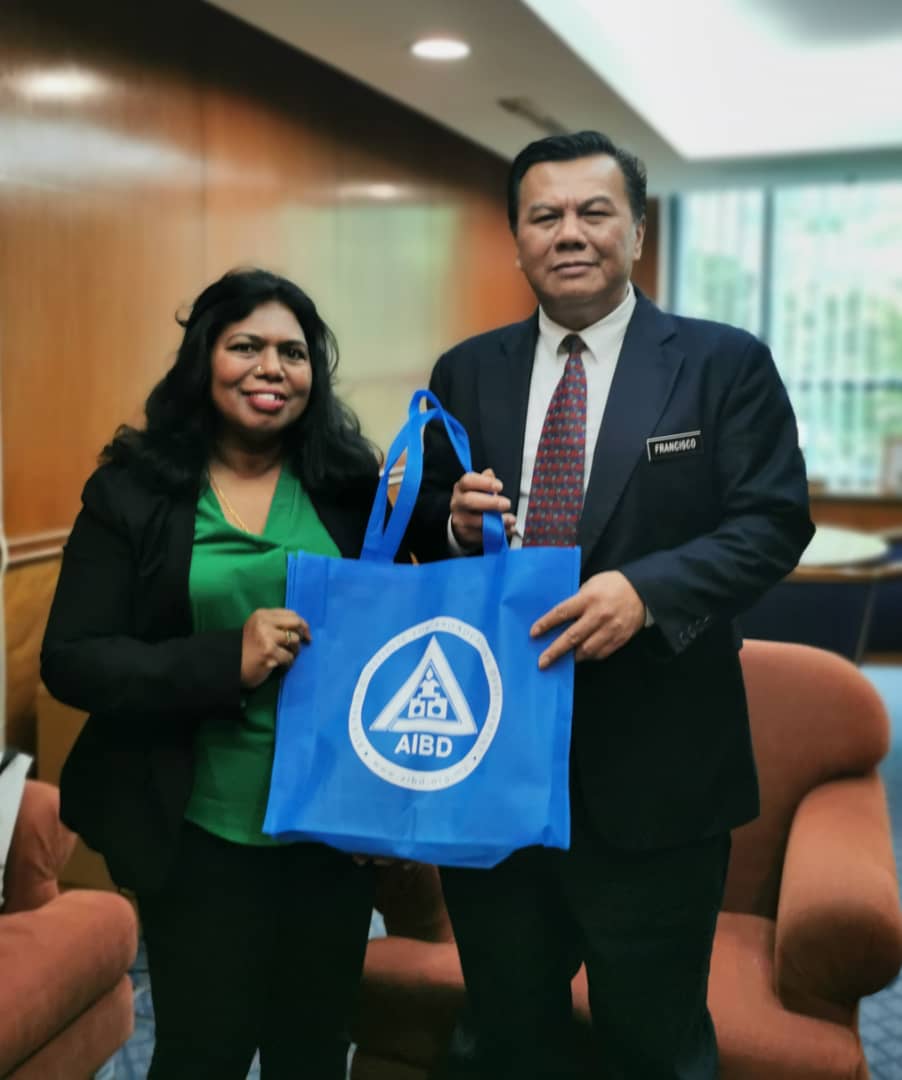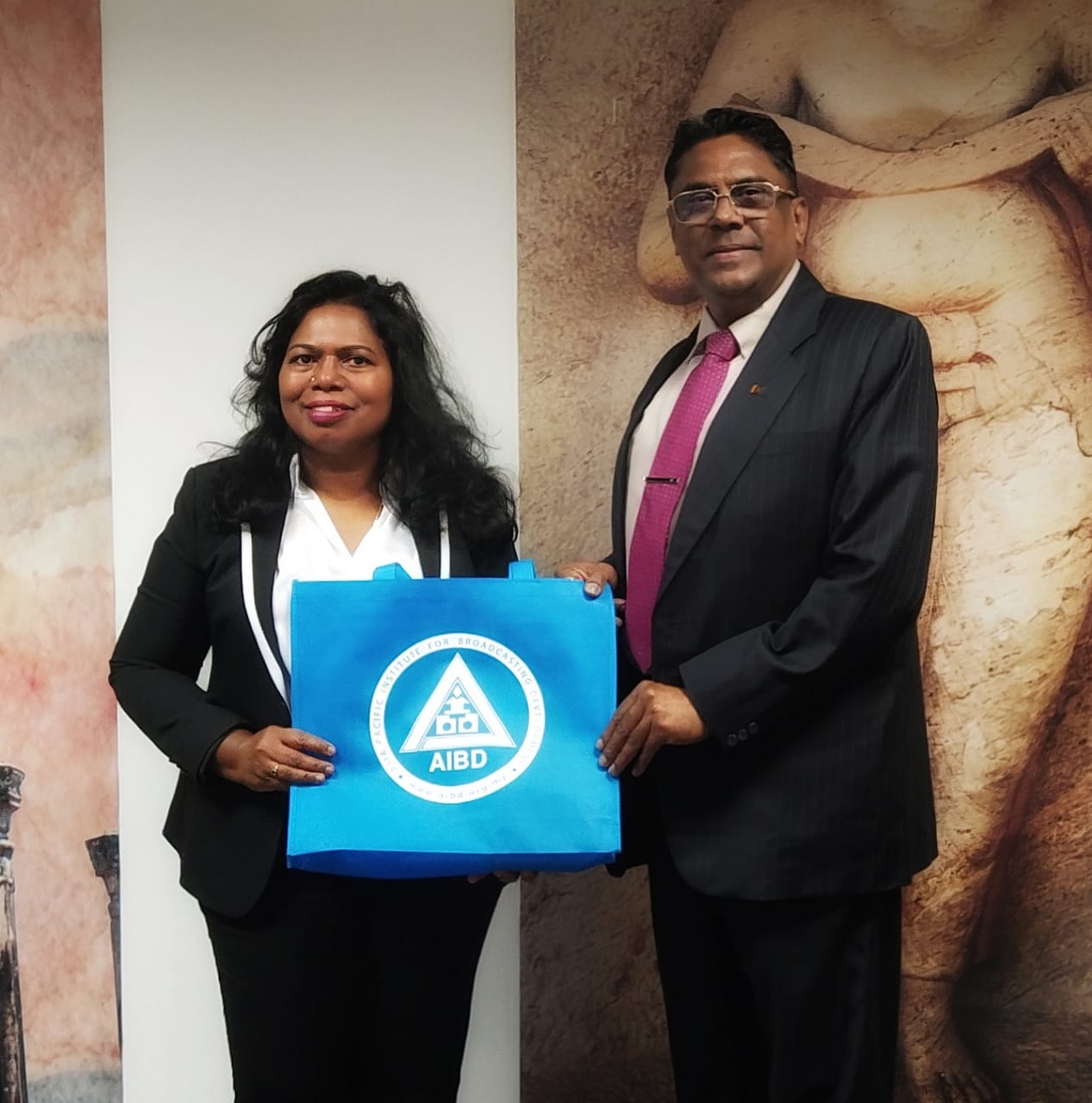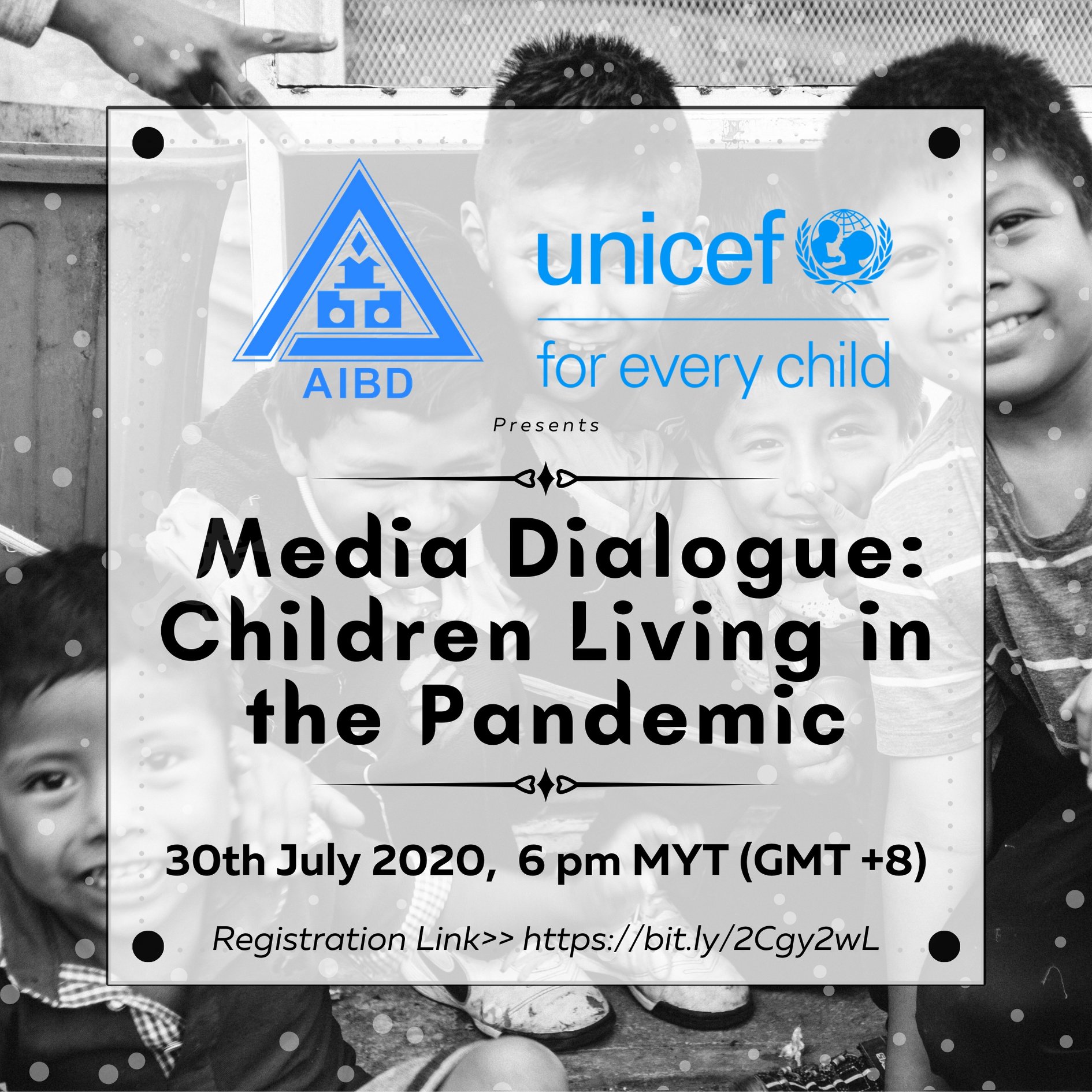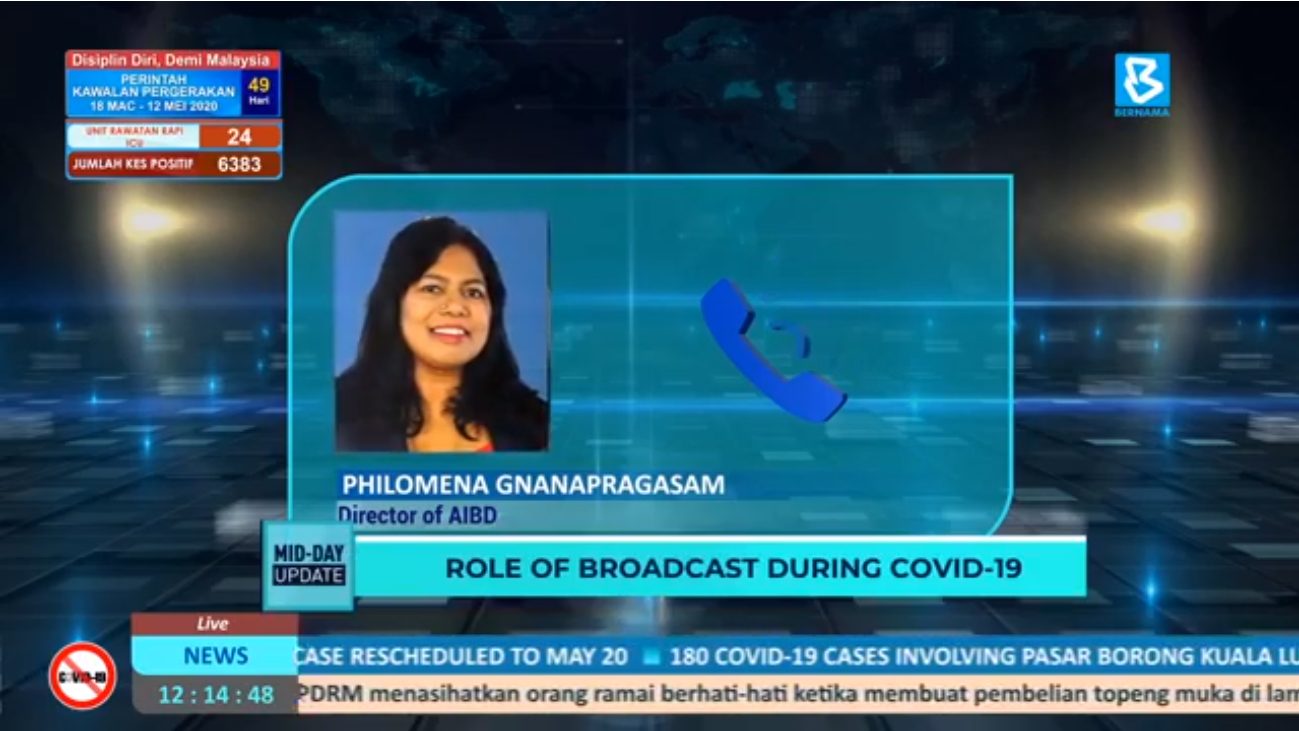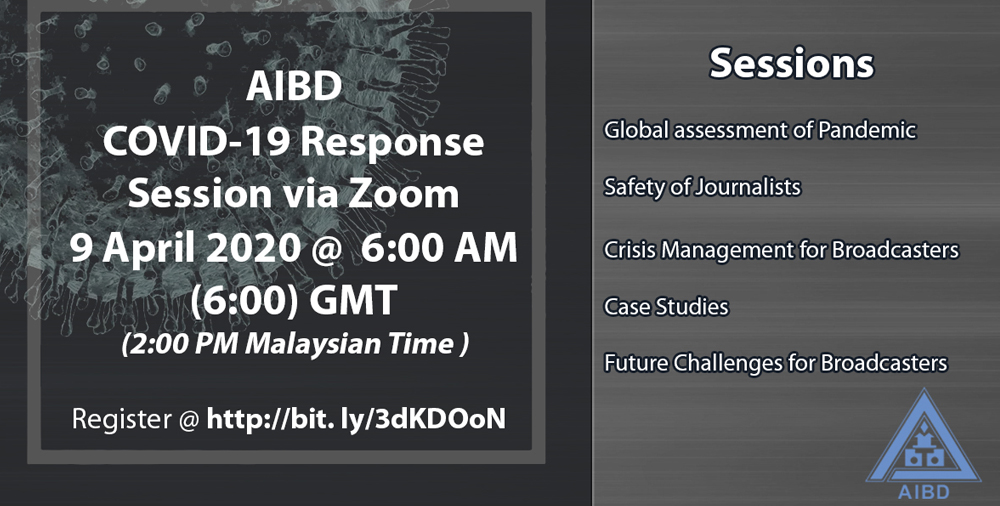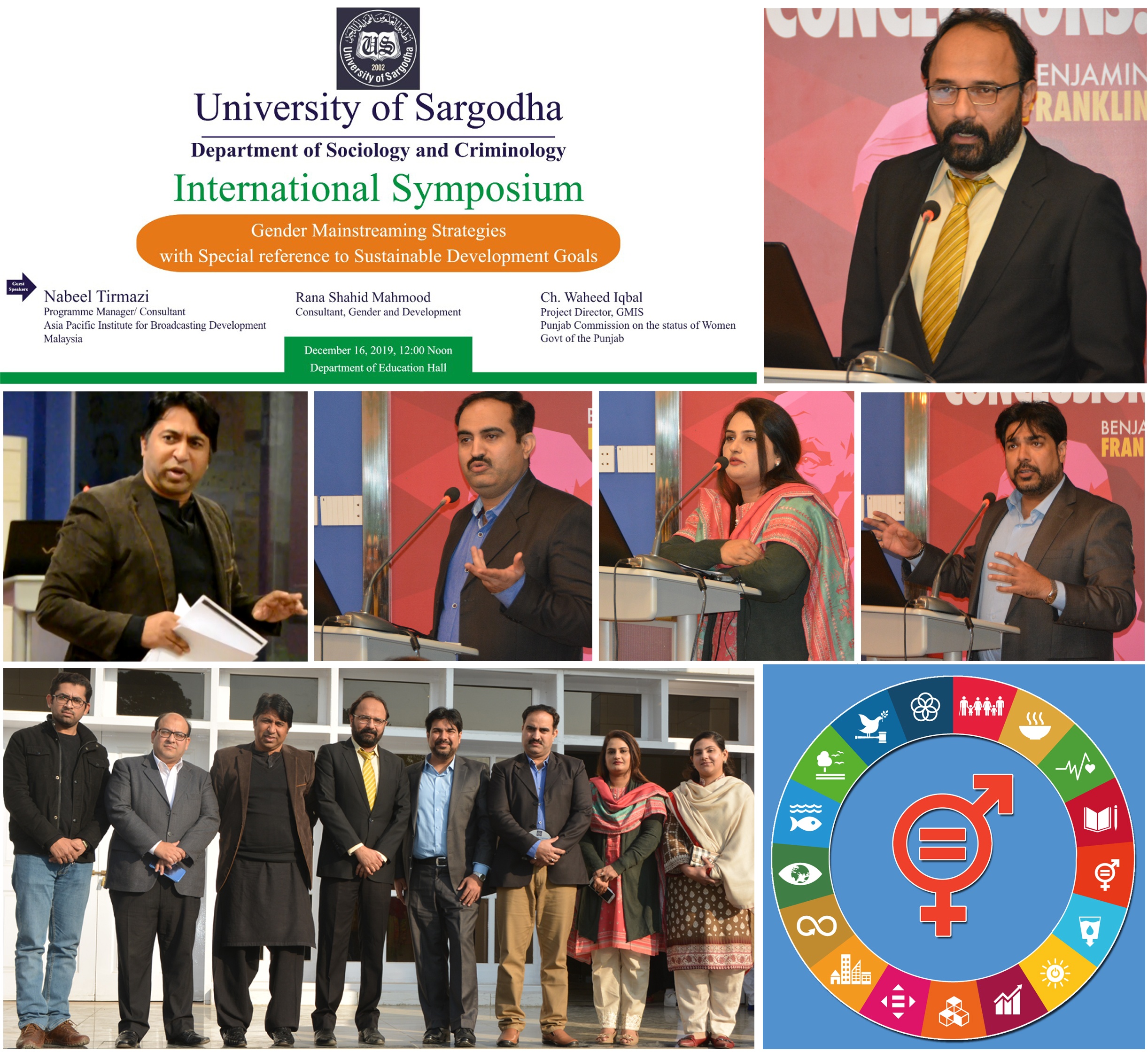(Exclusively for Radio Television Brunei Staff)
Background
COVID pandemic is said to be the biggest data story that has been ever told, and this story is being told not just with numbers but also with engaging and informative data visualisation. The pandemic presents a unique challenge but also an incredible opportunity for journalists. Data visualisation and infographics are key in simplifying complex stories for audiences, including the current COVID-19 pandemic.
Aim & Content
In these webinars, we will go in-depth on how to create engaging infographics. The first step will be to develop skills in finding data and curating it, including learning how to evaluate data. This masterclass will cover examples, sources of data as well as search techniques for finding data and the skills needed to judge the quality of the data. After the first session, participants will use these new skills to find data to be analyzed and visualized during practical sessions. They will do multitude of practical to prepared them for various eventualities such as lack of data, converting old data from PDF files to analyzing and visualizing.
Objectives
− To understand the concept of ‘open data’ and making sense of it for storytelling
− To learn different tools/techniques for creating compelling and powerful multimedia/visual contents for broadcast, online and social media
− To learn useful methods and tools to produce, curate, publish, share and redistribute multimedia contents
− To know the scope, limitation and impact of digital storytelling, multimedia and data-driven journalism.
− To pursue the features of digital journalism into broadcast
Profile of Participant
− General assignment or specialist journalists who want to improve their data analysis skills.
− Investigative journalists who want to improve their data analysis skills.
− Designers and web developers who want to work on data projects.
− Editors and newsroom managers who want to know how to plan data projects and build and manage data teams.
AIBD/ EBU/ RTB In-Country Online Masterclass on Data Visualisation
COVID pandemic is said to be the biggest data story
AIBD 1-Month Online Workshop/ Mentoring Session for Health Journalists and Content Creators
AIBD will be conducting an intensive 1-month long training and
AIBD courtesy call to Ministry of Foreign Affairs
Ms Philomena, Director AIBD, paid a courtesy call to Mr
AIBD Director Meets Sri Lankan High Commissioner
The Director of AIBD, Ms Philomena Gnanapragasam, called on the
Latest Trends in Visual Archives & Digitisation
The year 2020 has highlighted many vulnerabilities of media organisations
Children Living in the Pandemic
By Aditya Sharma On the 30th of July, 2020, the Asia-Pacific
AIBD Director discusses recent initiatives & achievements during COVID19
Ms Philomena Gnanapragasam, Director, AIBD discusses the recent initiatives &
COVID-19 Lockdown: Of Transformation and Transfiguration Under Coronization
BY Abdulwarees Solanke, Nigeria Don’t mind my turenci. I’m not about indulging
AIBD COVID-19 Online Response Session
image:AIBD is organising an online COVID19 Response session for broadcasters
Seminar on Gender Mainstreaming
International symposium on gender mainstreaming strategies with special reference to




